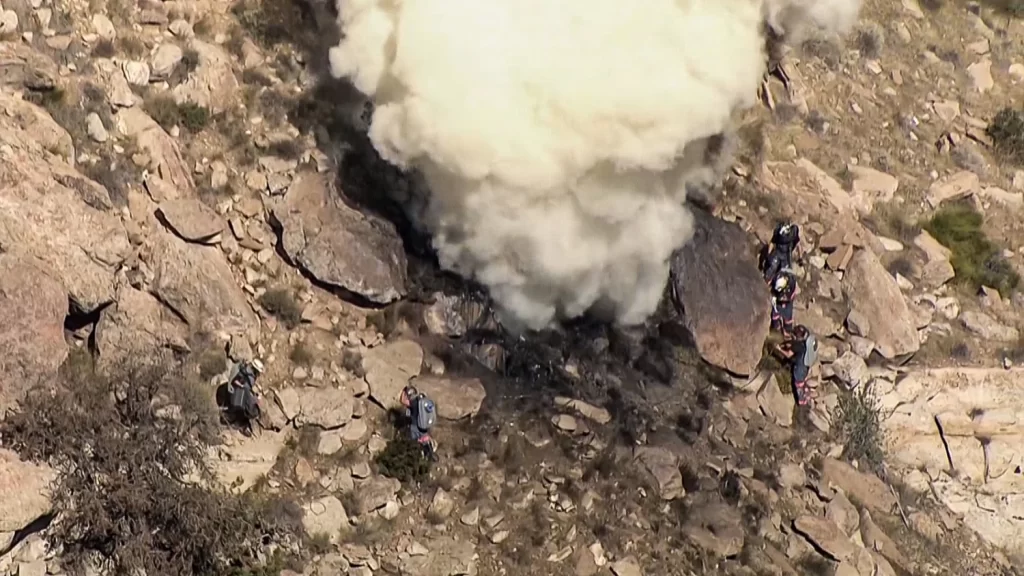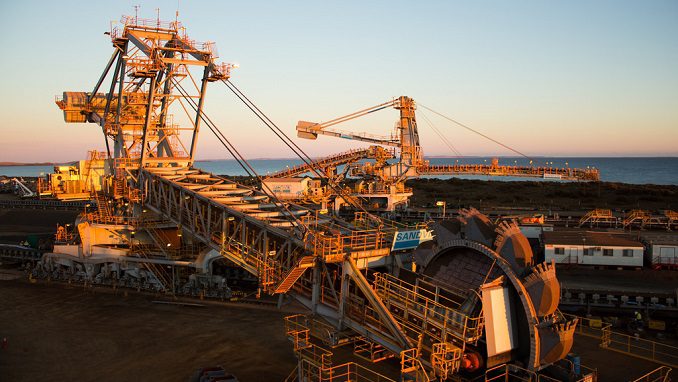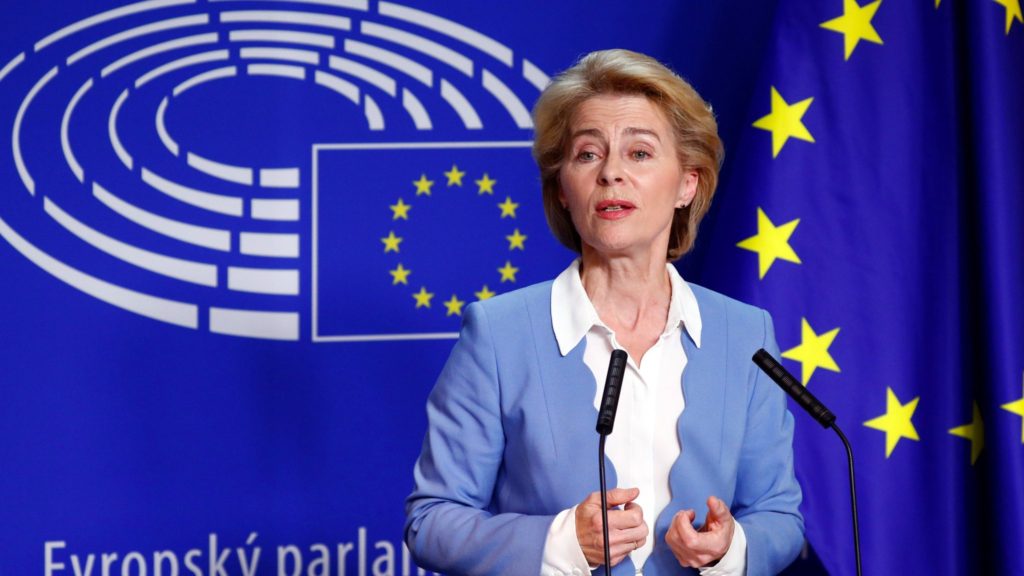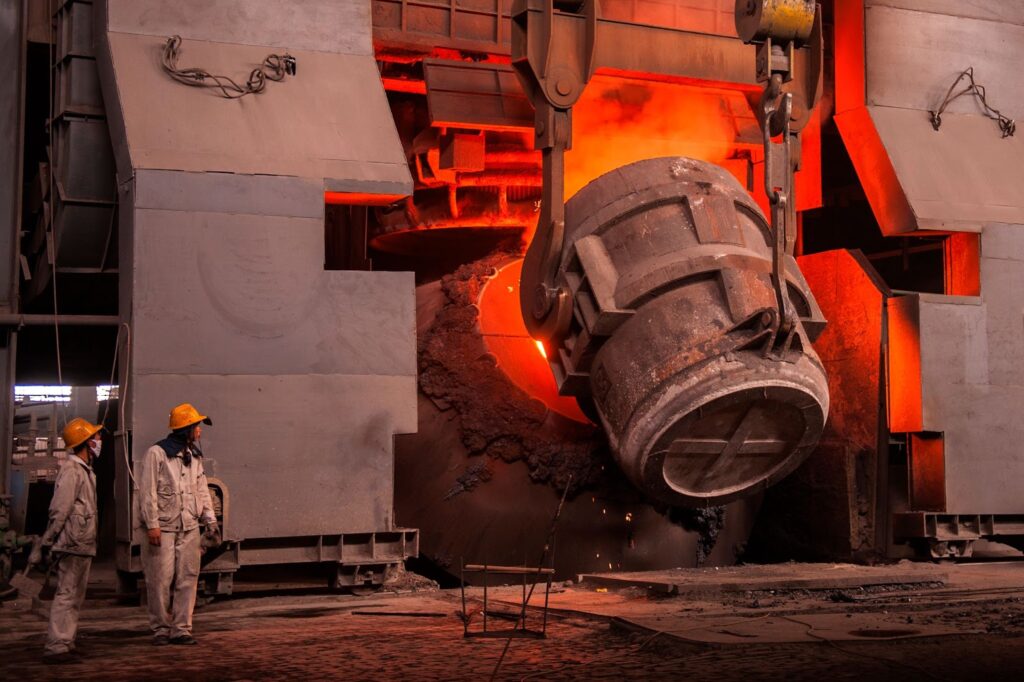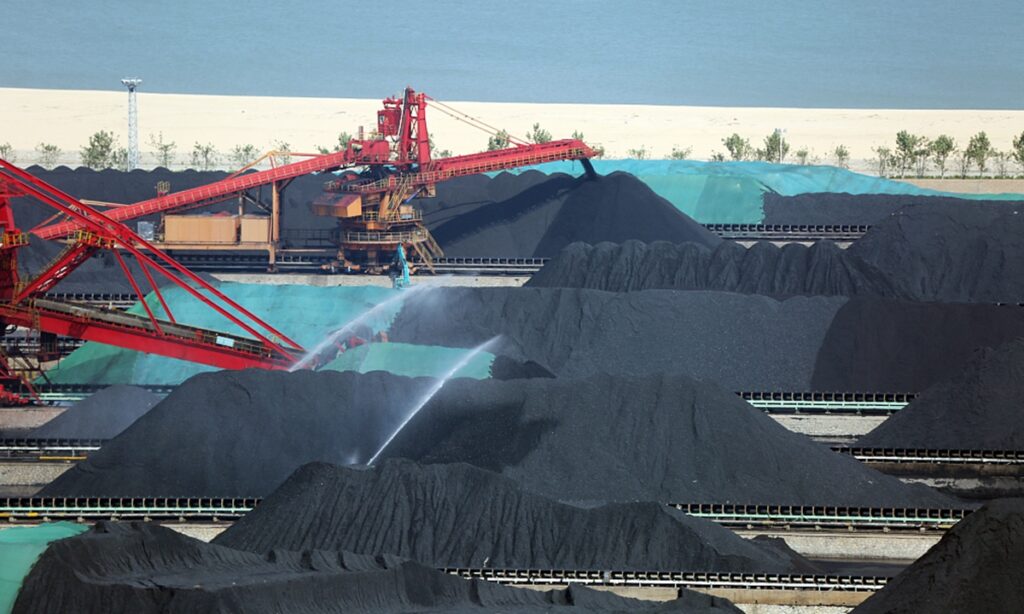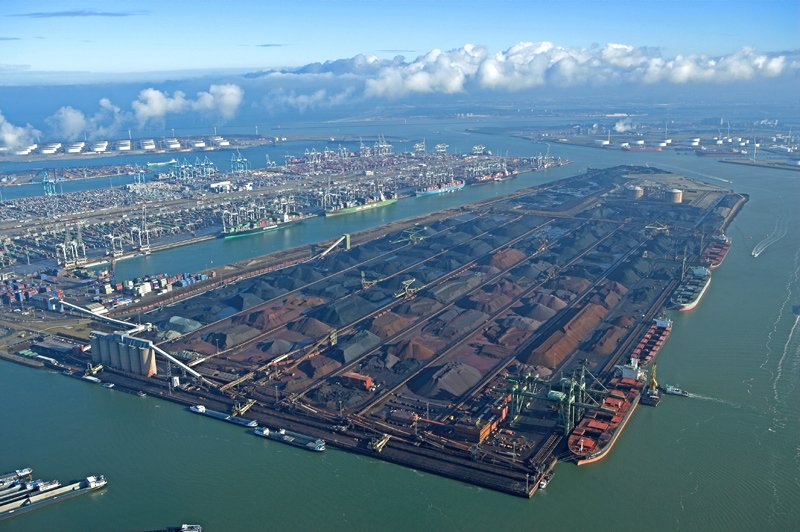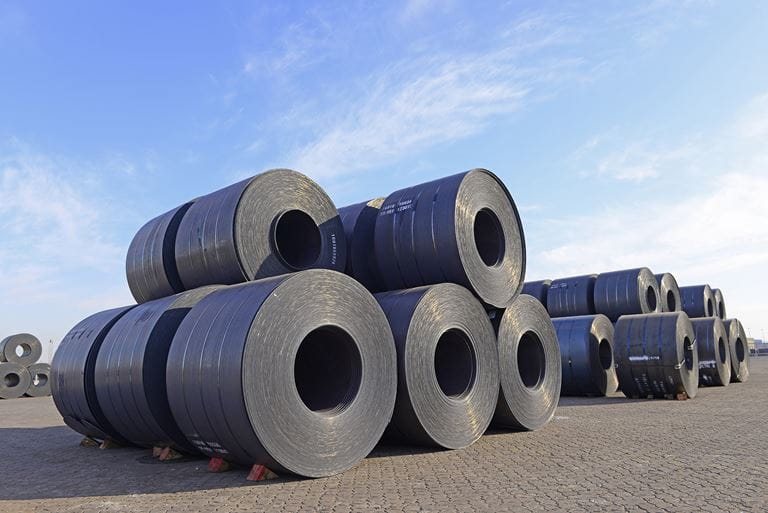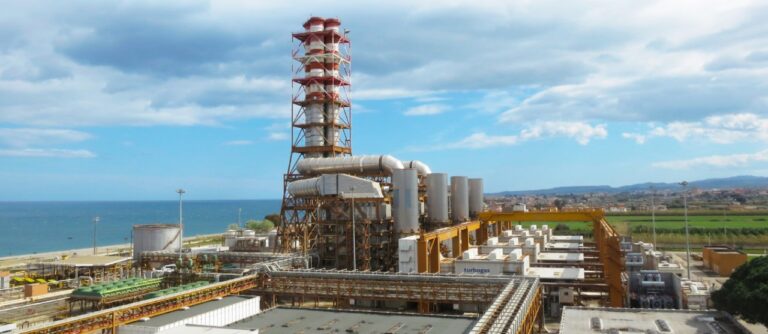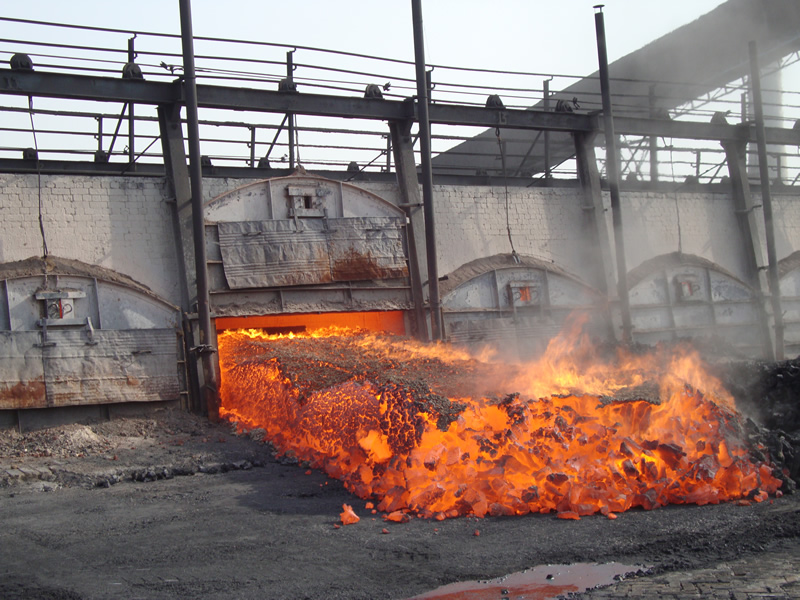Germany’s path away from coal-fired power production is growing harder to see the longer it takes for the government to present a transition strategy, warned German utility Trianel on Tuesday.
“We want to invest, but we are lacking the guidelines,” Trianel spokesman Sven Becker told reporters ahead of an energy summit hosted by German newspaper Handelsblatt.
At issue is the government’s goal to build a network of hydrogen-ready, gas-fired power plants by 2030. That would make up for shuttered nuclear power plants and clear the way for coal to be phased out by 2030, eight years ahead of current plans.
But the plan for the new power plants has been delayed in the wake of a budget crisis that unfolded late last year. Economy minister Robert Habeck told the audience on Tuesday that the plan is expected very soon.
But Becker said that until the plan is released and has been processed there is no way to invest. “We have to be honest. We will not invest if there aren’t any ground rules.”
As a general rule of thumb, it takes about six years to plan and construct a gas-fired power plant.
He noted that failing to get the plants running, while relying ever more on renewables, increased the chances that there will be summer days when Germany produces far more power than it can ever consume, and winter days when consumption far outstrips production.
He said this means Germany might have to look into methods of managing consumption. It might also need two separate power markets: an energy-only market to distribute the power being produced and something like a capacity market to keep payments going to power plants that are only called into service when renewable energy output is lacking.

